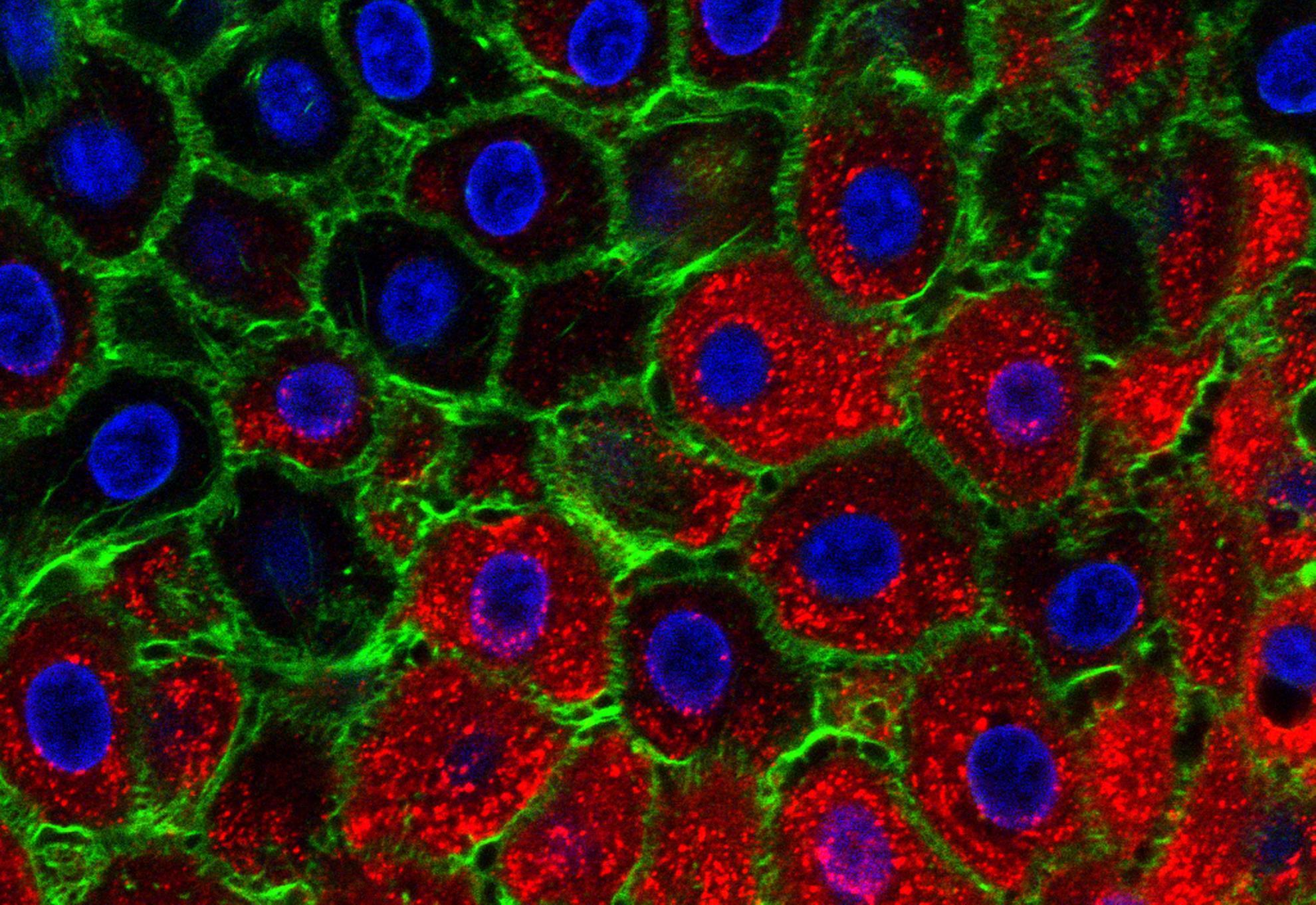The use of serosurveys following emergency vaccination, to recover the status of foot-and-mouth disease free where vaccination is not practised
To eliminate incursions of foot-and-mouth disease (FMD) quickly, a combination of measures, including emergency vaccination, can help block the spread of infection. For the earliest recovery of the FMD-free status for trade, without the slaughter of uninfected vaccinated animals, a serosurvey for antibodies to FMD virus non-structural proteins (NSP) must be used to substantiate absence of occult virus infections. Areas of doubt over requirements for post-vaccination serosurveillance and its feasibility include the required and achievable confidence, the amount of sampling necessary, and the appropriate responses to and consequences of different seropositive findings. This derives largely from uncertainty over the extent of localised pockets of virus infection that may remain within vaccinated populations and the circumstances that permit this. The question therefore remains whether tests are sufficiently sensitive and specific to detect and eliminate infected animals, without excessive culling of uninfected animals, before vaccinated animals mix with non-vaccinated livestock when movement restrictions are lifted. It is recommended to change the rationale for serosurveillance after emergency vaccination. Only when emergency vaccination is used in limited outbreaks is it possible to test and cull comprehensively, an approach compatible with a three-month minimum period to recover the FMD-free status. In other situations, where emergency vaccination is used, such as dealing with large outbreaks in animal-dense regions and where the onset of vaccination has been delayed, post-vaccination serosurveys should be targeted and focus on providing an assurance to detect higher levels of infection, in case of inadequate control measures. As this provides less assurance of absence of infection, the approach would be compatible with a six-month waiting period for free-status recovery and should be complemented by other methods to provide evidence that vaccination and control measures have been effectively implemented, as these are the best guarantee against continuing virus transmission.
Back to publications
